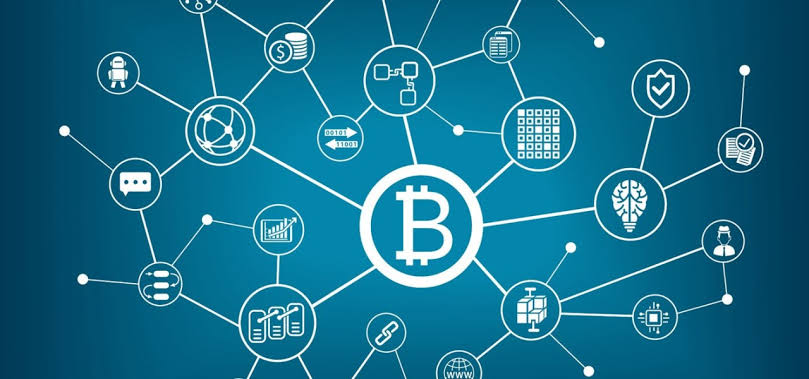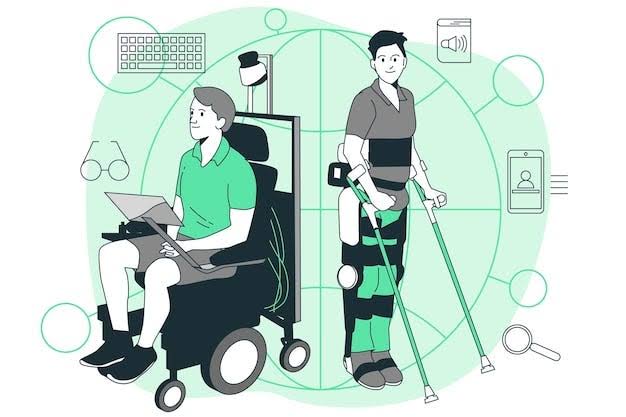In today’s digital world, data is one of the most valuable assets for businesses, governments, and individuals. However, the growing threats of data breaches, unauthorized access, and misuse of information have made secure data sharing a top priority. Traditional security methods, while effective to some extent, often face challenges like centralized vulnerabilities, high costs, and lack of transparency. Blockchain technology has emerged as a transformative solution, offering a decentralized and tamper-proof way to manage and share data securely.
Decentralization as the Foundation
One of the most important features of blockchain is decentralization. Unlike traditional systems that rely on a single central authority to control data, blockchain distributes data across multiple nodes in a network. Each participant has access to the same version of the ledger, ensuring consistency and transparency.
This structure makes it far more difficult for hackers to target one specific point of entry. Even if one node is compromised, the integrity of the entire network remains intact. This decentralized framework reduces risks and builds trust among stakeholders involved in data sharing.
Immutability and Transparency
Blockchain’s immutability is another critical advantage. Once data is recorded on the blockchain, it cannot be altered or deleted without consensus from the network. This ensures that shared data remains authentic, protecting it from manipulation or tampering.
Transparency also plays a key role. All participants in a blockchain network can view the same version of the data, which promotes accountability. For industries like healthcare, finance, and supply chain, this feature enhances trust by providing a clear and verifiable record of data exchanges.
Enhanced Security through Cryptography
Data shared through blockchain is protected by strong cryptographic algorithms. Each transaction is verified and secured using encryption, making unauthorized access extremely difficult. The use of public and private keys adds another layer of protection, ensuring that only authorized parties can access sensitive information.
This level of security makes blockchain an ideal solution for handling personal data, financial transactions, and intellectual property, where confidentiality is crucial.
Smart Contracts for Automated Control
Smart contracts, which are self-executing agreements coded on the blockchain, play a vital role in secure data sharing. These contracts automatically enforce rules and permissions, ensuring that data is accessed and used only under agreed conditions.
For example, in healthcare, a patient’s medical records could be shared with doctors or insurance providers only if predefined conditions in the smart contract are met. This reduces human error and minimizes risks of unauthorized access while maintaining efficiency.
Use Cases in Different Sectors
Blockchain-based data sharing is being adopted across multiple industries due to its flexibility and reliability:
- Healthcare: Secure exchange of patient records between hospitals, doctors, and insurance companies while protecting patient privacy.
- Supply Chain: Transparent sharing of product information across manufacturers, distributors, and retailers, reducing fraud and counterfeit risks.
- Finance: Secure sharing of transaction data and identity verification across banks and financial institutions.
- Government: Improved transparency in public services and safe sharing of citizen data between departments.
These examples highlight how blockchain enhances collaboration while maintaining security and compliance.
Addressing Data Ownership and Control
Another major advantage of blockchain is its ability to give individuals and organizations more control over their data. Traditional systems often leave data ownership in the hands of corporations or service providers. With blockchain, users can decide who has access to their data and under what conditions.
This shift empowers individuals while also ensuring compliance with regulations like GDPR, which emphasize data ownership and privacy rights.
Challenges in Implementation
While blockchain offers many benefits, it also faces challenges that affect its adoption. Scalability is a common concern, as handling large volumes of data can slow down blockchain networks. Interoperability is another issue, since different organizations may use different blockchain platforms that do not easily communicate with each other.
There are also regulatory and legal concerns regarding data storage and privacy in distributed networks. Addressing these challenges will be key to widespread adoption of blockchain for secure data sharing.
Future Outlook
As technology evolves, blockchain is expected to become an essential part of secure data management systems. Innovations such as hybrid blockchains, integration with artificial intelligence, and improved interoperability solutions are likely to address current limitations.
In the future, businesses and governments may rely more on blockchain to create secure ecosystems for data exchange, giving users more confidence in the way their information is handled.
Conclusion
Blockchain technology has transformed the approach to secure data sharing by introducing decentralization, transparency, immutability, and advanced cryptography. With applications across healthcare, finance, supply chain, and government sectors, it provides an effective solution to growing concerns around data breaches and misuse. While challenges remain in terms of scalability and regulation, blockchain is paving the way for a more secure, trustworthy, and efficient digital future.




13 thoughts on “The Role of Blockchain in Secure Data Sharing Solutions”